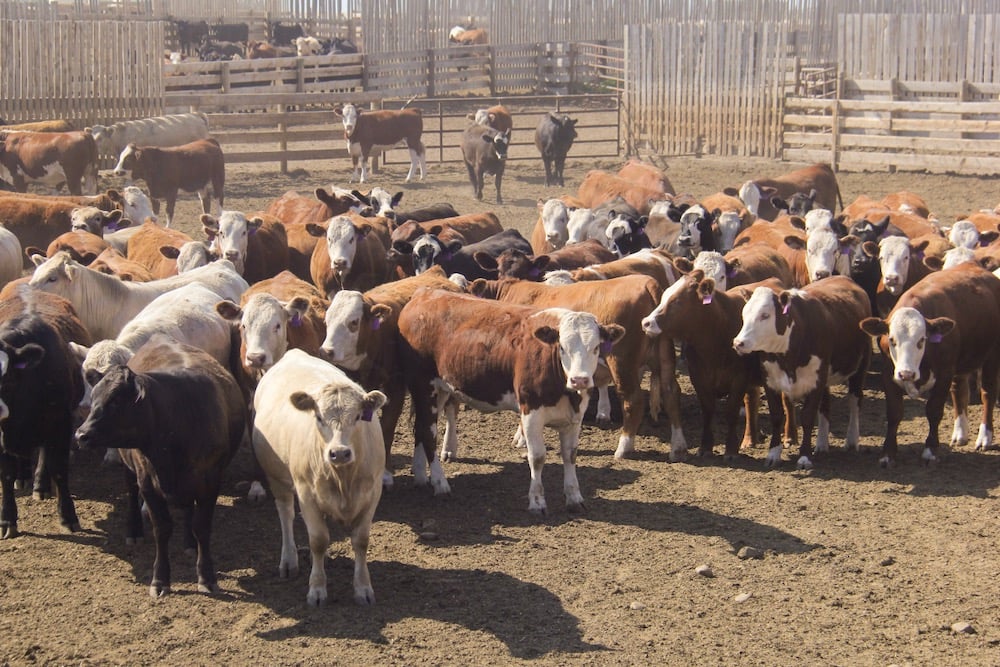Revenues at Saskatchewan’s largest company, Federated Co-operatives Limited, were down by $1.7 billion, or 16 percent, in 2015, the result of a downturn in the energy sector, weaker crude oil prices and the resulting negative effects on FCL’s Co-op Refinery Complex in Regina.
Nonetheless, the company still reported net earnings of $539 million last year, $375 million of which will be returned to local retail co-ops through a patronage allocation.
Negative effects stemming from the energy sector downturn were partially offset by rising sales volumes in FCL’s energy, food, agro, and home and building supplies businesses, the company said in a Dec. 21 news release.
Read Also

U.S. livestock: Feeder cattle rise to new highs on tight supply, strong cash prices
Chicago | Reuters – Chicago Mercantile Exchange feeder cattle futures rallied on Thursday to a record high on strong cash…
“While we cannot isolate ourselves from challenges in today’s western Canadian economy, co-ops are uniquely positioned to answer those challenges,” said FCL chief executive officer Scott Banda.
“We face greater competition and market volatility than ever before, but we continue to create long-term value for our local retail co-ops and the communities they serve.”
FCL was ranked as Saskatchewan’s largest company in 2015, employing 24,500 people in more than 500 communities across Western Canada.
During the past 10 years, the company has delivered patronage returns worth more than $4.4 billion to 210 co-ops in FCL’s Co-operative Retailing System.
FCl completed a number of major capital projects last year, including a new waste water improvement project at the Regina petroleum refinery and a new petroleum distribution hub in southern Alberta, known as the Carseland Terminal.
The Carseland Terminal, located near Carseland, Alta., is a fuel storage facility capable of holding 141 million litres of refined fuel from the Regina refinery.
Fuel is transported to the terminal by rail, reducing the need to move gasoline, diesel fuel and other refined petroleum products by truck.
The facility received its first rail shipment in May of 2015.

















